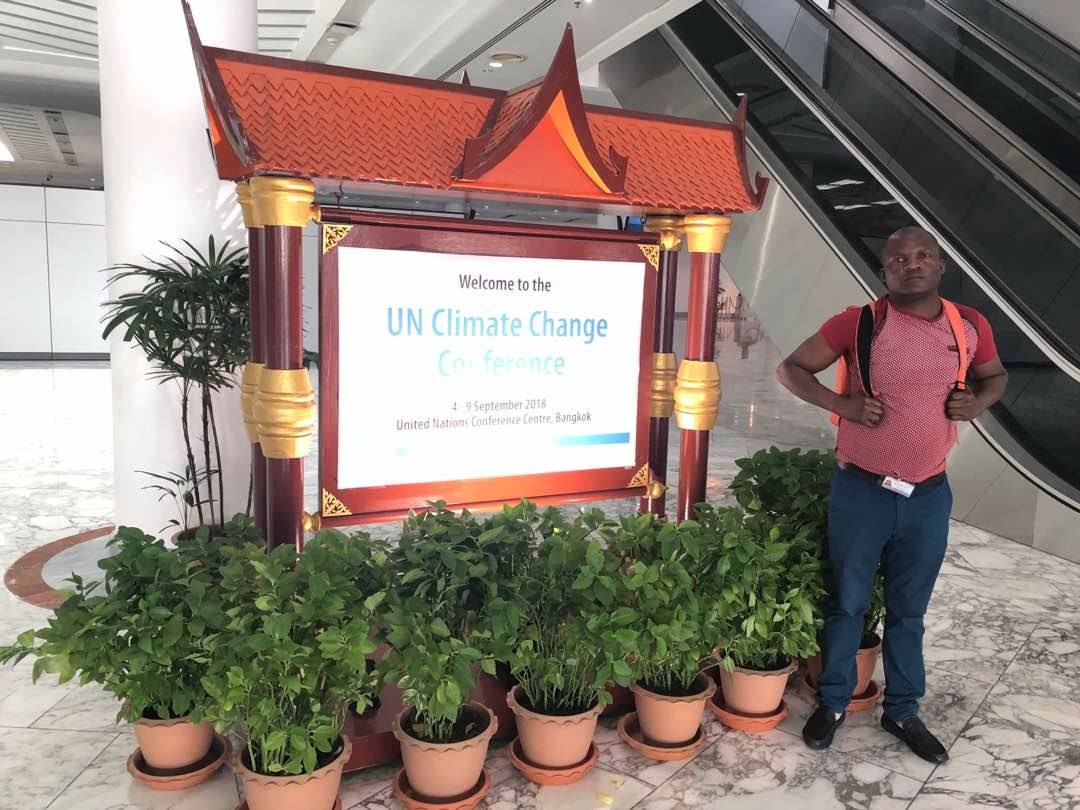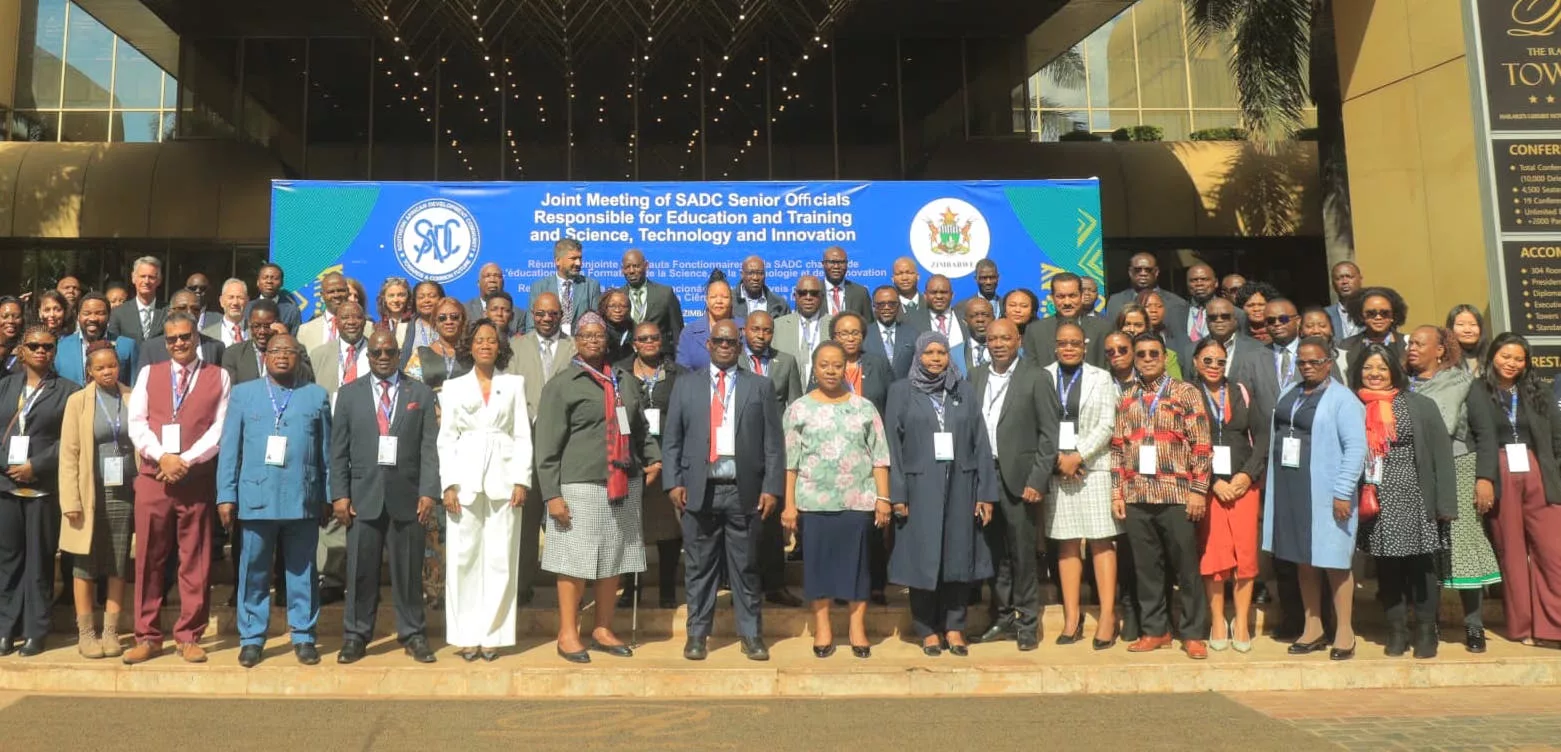The Paris Agreement effectively came into force in 2020, replacing the Kyoto Protocol which has lapsed. Now the COVID-19 is dampening the prospects of countries to update their Nationally Determined Contributions (NDCs) and implement their commitments to reduce and limit greenhouse gas emissions.
Zimbabwe has communicated an NDC that seeks to reduce by 33 percent per capita energy-related greenhouse gas emissions below the business as usual emissions.
The Country is also in the process of enhancing the NDC to make it economy-wide, which is covering all Sectors of the economy beyond the energy sector which is the focus of the current commitment.
An expert in the Ministry of Environment, Climate, and Hospitality Industry, Mr. Lawrence Mashungu said that because of the lockdown, the updating process is being delayed because the process of updating the NDC is a highly consultative one and can not be done without the involvement of all stakeholders.
The Stakeholders range from government departments, private sector, civil society organizations, farmers, women, youths, just to mention a few.
Mr. Mashungu said that so far the Government of Zimbabwe has made some progress in achieving the current Energy target of the Nationally Determined Contribution.
Zimbabwe launched the Renewable Energy Policy and the Biofuels Policy in March this year (2020) and is currently developing the Energy Efficiency Policy and the E- Mobility Framework. The Climate Smart Agriculture Manual is already in place and capacity building programmes are underway to ensure that the extension workers and lecturers in agricultural colleges fully utilise the material and are fully aware so that they discharge their mandates in a climate-smart way.
To guide the country towards the green pathways, the Government has concluded consultations for mid-century Low Emission Development Strategy and the attendant Measurement, Reporting, and Verification Framework which will be communicated to the UNFCCC this year.
“To achieve the NDCs, there is a need for collaboration and participation of the Private Sector. Zimbabwe boasts of having one of the most active Private Sector Associations in climate change in the name of the Business Council for Sustainable Development Zimbabwe(BCSDZ). BCSDZ has already started the implementation of energy efficiency programs among other actions in response to the call for emission reduction and limitation,” Mr. Mashungu said.
Development Partners are involved in supporting the current efforts in various ways especially in capacity building, for example, UNDP, World Bank, DFID, NDC Partnership, ICLEI, EU, UNEP, GCF, UNICEF, just to mention a few.






